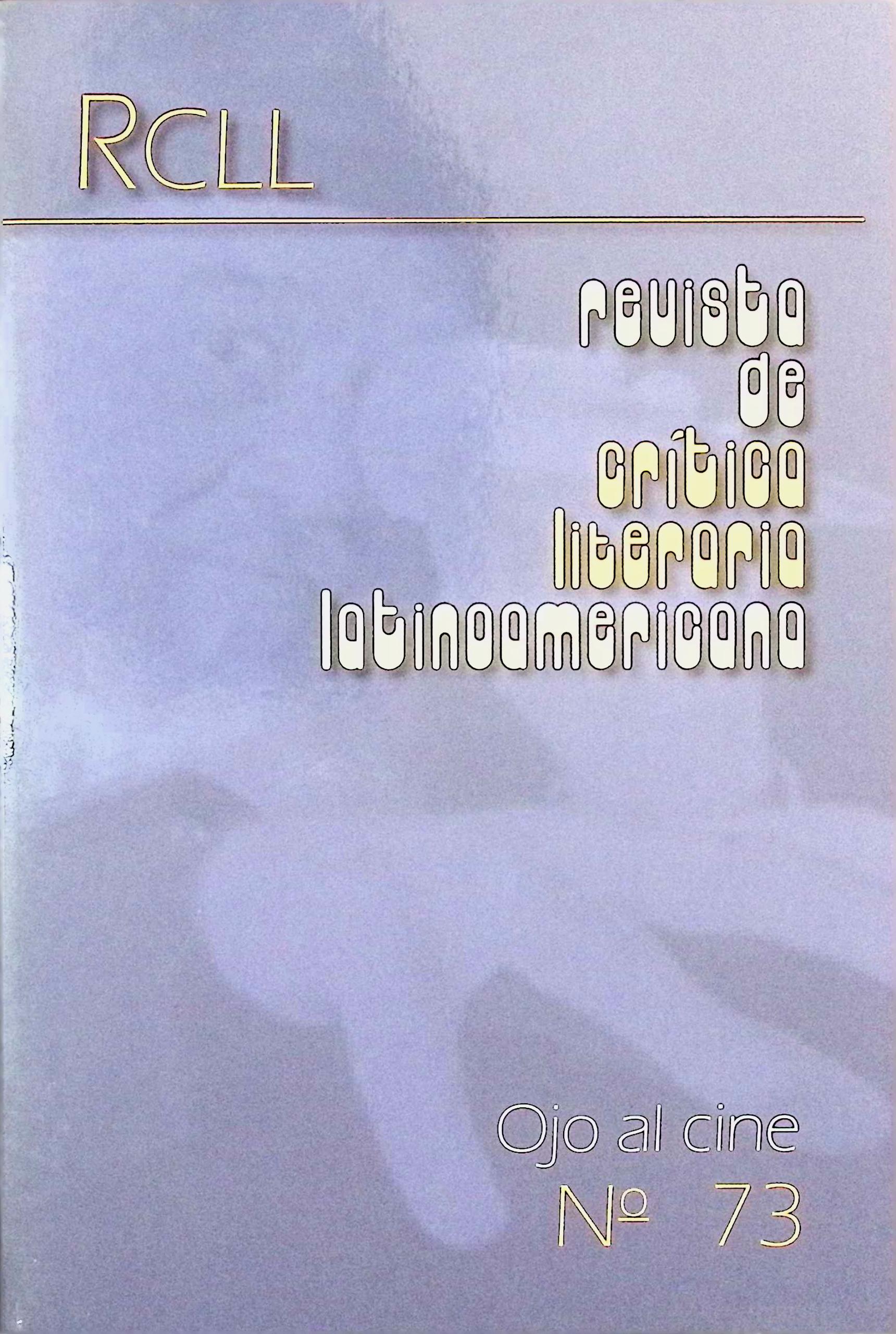Argentinian Queer Mater. Del Bildungsroman urbano a la Road Movie rural: infancia y juventud post-Corralito en la obra de Lucía Puenzo
Keywords:
Bildungsroman, Road movie, Queer subject, Parody, Memory, Argentina, Literature, FilmAbstract
In this article we analyze the exceptional ethics and aesthetics of the visual and literary work of the Argentine writer-director Lucía Puenzo. Through an analysis of two of her films, XXY and The Fish Child, based on a short story and a novel, respectively, we discuss her appropriation of canonical genres–the Bildungsroman and the road movie–as a strategy of generational displacement. By using these models of subjectivity, Puenzo manages to privilege and make available alternative, refracted identities opposed to heteronormativity in the Argentine cultural imaginary. Puenzo, by working from a perspective different than that of memory discourse of the neoliberal post-democracy period, situates problematic adolescents exhibiting eccentric manners of living in the globalized social context of late capitalism. Her films, in this way, open up the possibility to think about the right to cultural, ethnic, and sexual citizenship for minority groups.





